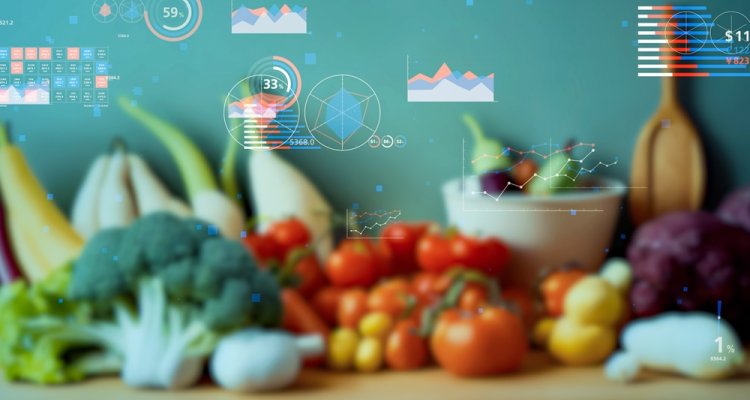
Project
Exploring the benefits and trade-offs of alternative protein solutions
There is critical data gap regarding the food quality attributes of diverse protein sources to support human nutrition and health. Using advanced metabolomics and proteomics techniques, this project will examine both food products and human serum samples from two completed human intervention trials. With this demo project we aim to provide insights into the nutritional and metabolic effects of different plant- and non-plant based dietary protein sources.
As plant-based diets gain popularity, understanding the health effects of alternative protein sources becomes more important. This project will utilize standardized PTFI metabolomics platforms to explore how alternative protein sources, compared to animal based options, affect human metabolism. By analysing samples from two completed human intervention trials, this study will generate novel data, revealing the unique molecular biodiversity and anti-nutrient profiles. In addition, we will explore novel biomarkers of exposure to plant-based foods in relation to their health benefits and challenges. The outcomes will guide the optimization of plant based diets narrowing the existing gaps in our knowledge about diverse protein sources.
Planned activities
- Untargeted plasma metabolomics approach using QTOF at HNH lab, where we screen a wide array of metabolites and possible biomarkers in the blood. This will allow us to study the fate of plant compounds in the human body.
- Untargeted metabolomics analysis of food products at Wageningen Plant Research to help to understand the nutritional content, flavour profiles, and quality of food.
- Untargeted proteomics analysis of food products at Wageningen Plant Research, involving the identification of proteins in food products, including anti-nutrients.
- The project will compare the metabolic responses to vegan and omnivorous diets which will help highlight the specific effects of different protein sources on human metabolism and inform future research, dietary guidelines, and food composition data bases.